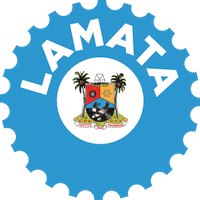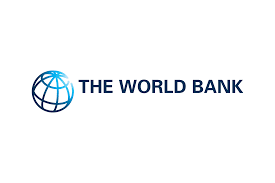How Does Introducing Formal Transit Affect Commuters’ Habits in Lagos, Nigeria?

Abstract: In collaboration with IPA Nigeria, Lagos Metropolitan Area Transport Authority, and the World Bank, researchers are conducting a pair of randomized evaluations to assess commuters' habits amid the introduction of government-owned transit in Lagos, focusing on willingness to wait for the bus and sensitivity to changes in bus fare.
In Lagos, Nigeria, public transportation is predominantly provided by buses operated by small private companies, which own one or two vehicles.1 The system is flexible but can be disorganized. The city is investing in formal transit by introducing around 500 new government-owned, regulated buses. In an effort to understand how this new travel option affects commuters, researchers developed two new services: an SMS-based waiting game for informal transit (danfo), and an experiment varying the price on smart cards for formal bus rides.
In partnership with LAMATA, the World Bank and IPA Nigeria, researchers are conducting a pair of randomized evaluations to assess the preferences and behavior of bus riders in Lagos.
In the first evaluation, researchers will assess the commuters’ willingness to wait for the bus with up to 600 danfo commuters. Commuters will receive access to an SMS-based waiting time service by sharing a dynamic code displayed at bus stops. The commuters will then receive a randomly selected waiting offer from 0 to 25 minutes with an incentive of 0 NGN to 1,250 NGN. If they accept the offer, they will send another code at the end of the waiting period to confirm they have waited.
In the second evaluation, researchers will assess how sensitive commuters are to price changes in transportation. To do so, up to 2,000 commuters will receive smart cards credited with 2,000 NGN for bus rides. The commuters will then be randomly assigned to either receive a 50 percent discount on bus fare for 10 weeks or to serve as the comparison group.
Results will be available in 2025.
Sources
1 “Lagos Metropolitan Area Transport Authority (LAMATA).” 2015. Lagos Metropolitan Area Transport Authority (LAMATA). 2015. https://lamata.lagosstate.gov.ng/
Implementing Partner

Research and Funding Partner













